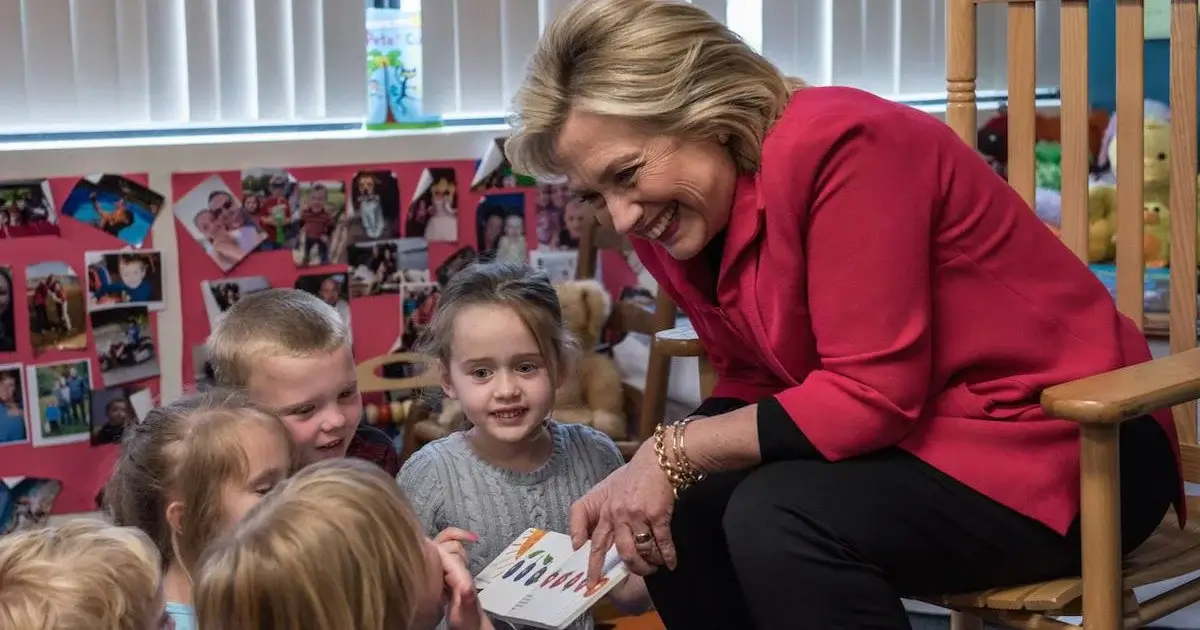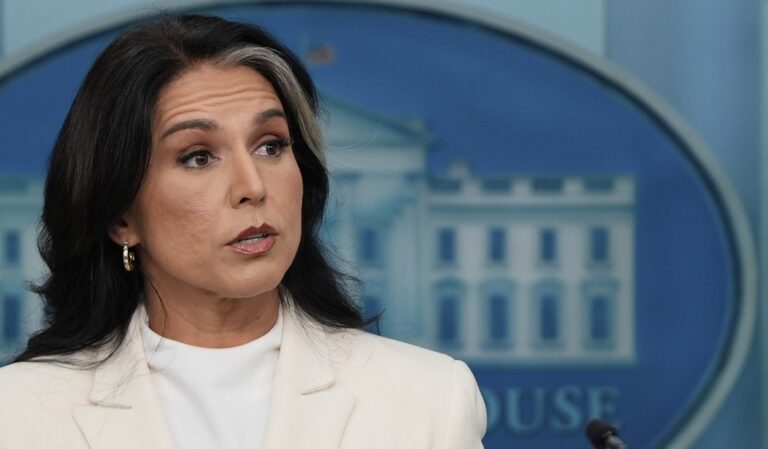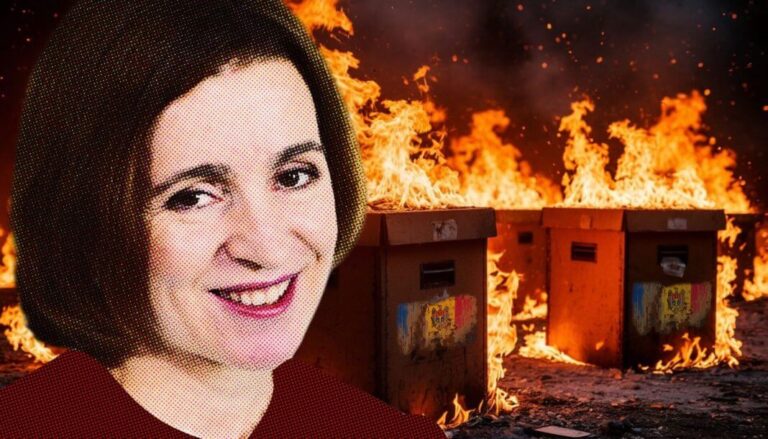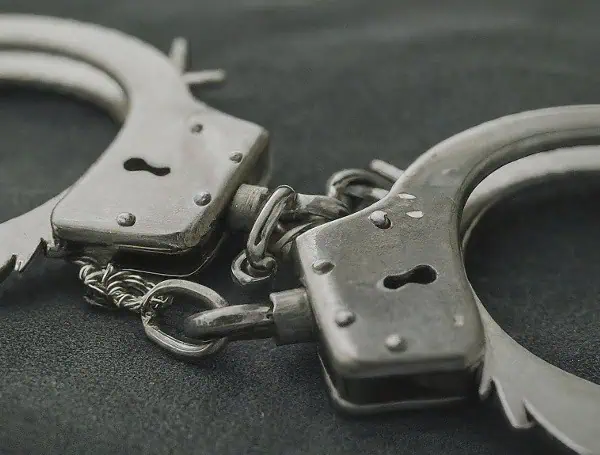Hillary Rodham Clinton began an 11-day tour of Central Europe with a visit to children’s programs in a country notorious for backward orphanages and a high rate of child abandonment.
Instead of touring one of Romania’s many harsh orphanages, Mrs. Clinton visited a cheerful AIDS pediatric center and a creative primary school program, in the hope, apparently, of showing what can be done.
She met 9-year-old Simion, an H.I.V.-positive girl abandoned in an orphanage, who is now in a foster family. She played spacemen with Alexander, 8, and watched, bemused, as Larissa, 7, pressed a pile of clothes with a toy iron and ironing board like a 1950’s American housewife.
In Romania, such heartening scenes of children were unheard of during the rule of the Communist leader Nicolae Ceausescu, who was overthrown six years ago. They are now only beginning to emerge in scattered model programs, mostly financed by international organizations.
But against a backdrop of stark statistics that show the highest number of H.I.V.-positive children in Europe, the highest rate of maternal mortality and an increasing number of abandoned children, Mrs. Clinton took care to congratulate the Romanian Government on the steps it has begun to take.
Aides traveling with Mrs. Clinton said that instead of scolding the Government of President Ion Iliescu, a former official in Ceausescu Government, on what many consider to be harmful policies toward children, praising small progress was thought to be a better tack.
Chatting with a group of parents whose children attend Primary School 57, where an experimental curriculum has just been introduced, Mrs. Clinton reassured them that freedom of expression rather than rote learning was the right way to go.
“The classroom looked very familiar,” she said of the project, financed by the United States Agency for International Development. “I thought I was walking into the classroom of my daughter 12 or 13 years ago. Young children learn by doing, and playing is their work when they are in kindergarten.”
Today was the first leg of a trip by Mrs. Clinton across Central Europe, Estonia and Finland.
In Poland, Hungary and the Czech Republic, the three leading contenders to join NATO, Mrs. Clinton plans to applaud advances in democracy and the need to consolidate them. All the while, she will be keeping an eye on the ethnic vote back home, where the sizable Polish-American community will be courted by President Clinton and Bob Dole, the almost certain Republican presidential candidate.
But as Mrs. Clinton was praising Romania’s limited gains, officials of the European Union said they were disturbed that new statistics showed the number of children abandoned in Romania’s institutions was increasing. In part, this is because the attitude fostered by the Ceausescu Government that children of impoverished mothers were better off in state institutions persists among many officials as well as the public.
The officials said that despite Western encouragement, there was little effort by the Government to disband the institutions, in part because the orphanages had become a kind of “industry.”
At the pediatric AIDS center at the Gheorghe Lupu Hospital, Mrs. Clinton saw about 50 children, all of whom had contracted H.I.V., the virus that causes AIDS, from contaminated needles used for injections of medications, according to Anne McNicholas, a director of Health Aid U.K., a British agency that looks after some of the children.
“We found some children in the first two years of life had received 500 injections,” Mrs. McNicholas said of a survey that her organization had conducted. “The average was 200 injections. Giving injections is still often the first line of treatment. In many cases, the needle is changed, but not the syringe.”
Mrs. McNicholas said hospitals in major cities in Romania were now reporting two or three new cases of H.I.V. infection every week in children 4 to 11 years old. These cases were caused, she said, by injections with contaminated needles. Because of discrimination, most of these children are condemned to live in large institutions where they are often left in cribs with little care, she said.
CLICK HERE TO READ MORE FROM THE REPUBLICAN VOICE
But of the 50 children who receive treatment at the hospital visited by Mrs. Clinton, 38 live in six group homes financed by Health Aid U.K. Four children have been placed in foster families in Bucharest.
A version of this article appears in print on July 2, 1996























